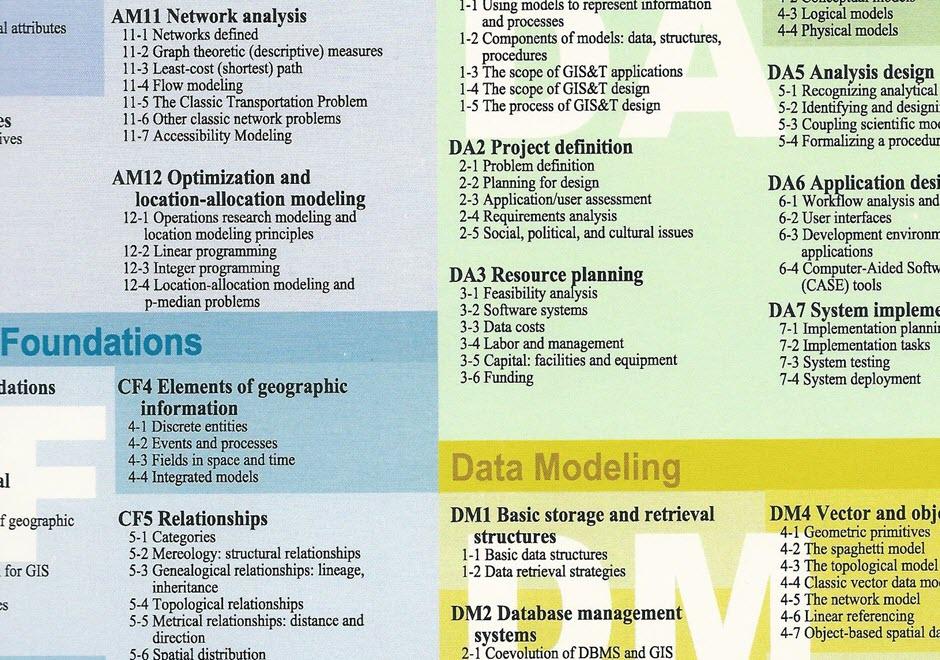AM-88 - Fuzzy aggregation operators

- Compare and contrast Boolean and fuzzy logical operations
- Compare and contrast several operators for fuzzy aggregation, including those for intersect and union
- Exemplify one use of fuzzy aggregation operators
- Describe how an approach to map overlay analysis might be different if region boundaries were fuzzy rather than crisp
- Describe fuzzy aggregation operators

DM-41 - Fuzzy logic